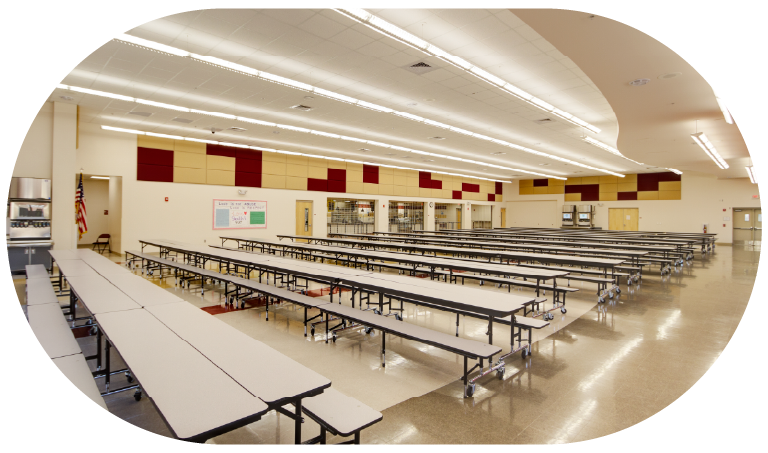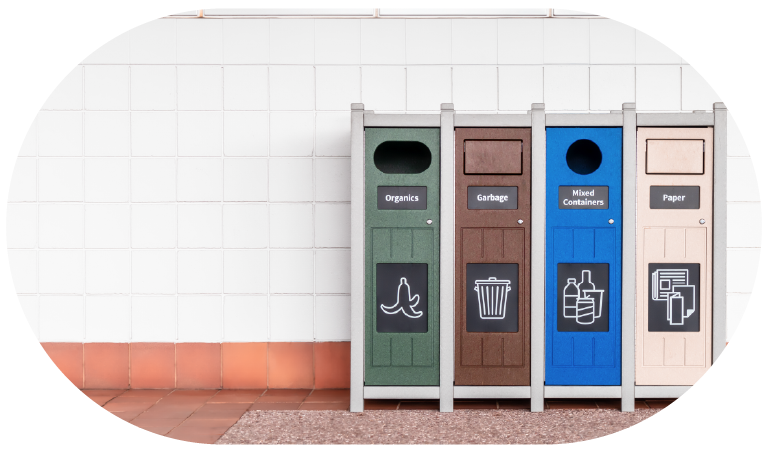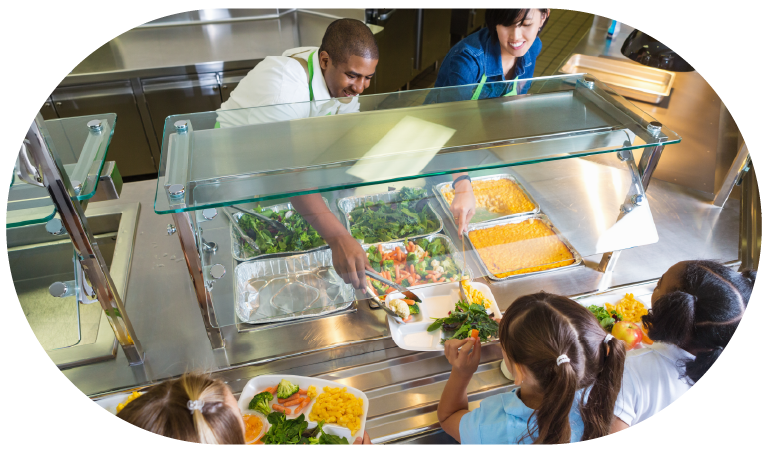
Minnesota Statute 115A.151 requires Minnesota schools to have recycling programs. Common materials such as paper, metal cans and plastic bottles can be easily recycled, and thereby diverted from the trash.
Schools, because they’re multifunctional, pose a particular set of challenges when it comes to recycling. Whether it’s recycling in the cafeteria, classroom, auditorium or sports facilities, recycling in schools can be difficult. The following are some of the most common recycling challenges in schools:


Ensuring students eat all the food they take during lunch is the best way to prevent food waste. However, there are many reasons as to why this is not always possible. When deciding what to do with leftover foods, consider the following options:
